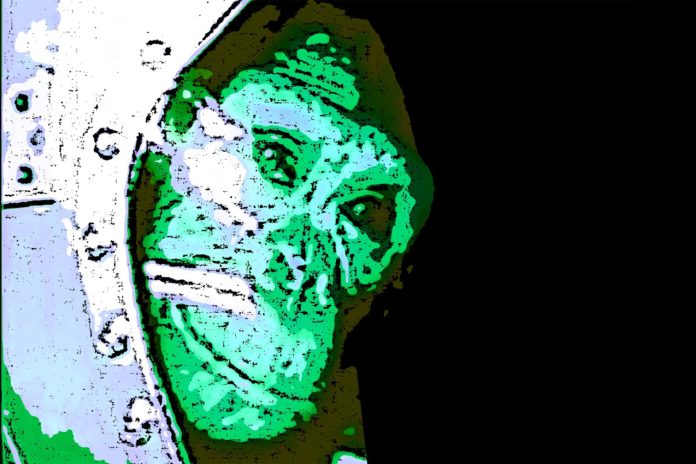
Thanks to a recent study published in the journal Science, researchers have found that baboons make their travel decisions democratically when there is dissent as to which way to go. The discovery could reveal much about the evolution of decision-making in groups of hierarchal social animals (including humans) by answering questions such as “Do certain members lead the group?” and “What happens when there’s a disagreement?”
Tracking decision-making in the wild was no easy proposition.
The main problem with finding the answers to questions like the ones above had long been that the observation of animal social behavior in nature had proven difficult. Baboons were seen as ideal candidates for a behavioral study due to their individuality, hierarchal society structure, and the fact that they travel in troops. Yet, when researchers would go into the field to conduct such studies, they’d be unable to gather information on more than one or two animals at the same time, which limited understanding about how the animals act collectively. So, the researchers had to think outside the box about observing the baboons’ decision-making process.
Scientists trapped baboons, fit them with GPS collars.
In order to study baboon society, scientists set traps near the trees where a troop of around 30 olive baboons was sleeping. 25 of them were fitted with GPS tracking collars and let go, allowing the team of researchers to accurately track what would happen when travel decisions would have to be made. For example, if a leading baboon went one way and another went another way, what would happen? Who would the troop follow?
Majority rules, not social status.
The scientists’ findings were interesting. If the angle between the paths of the two leading baboons was narrow, the rest of them would follow a middle path between the two. If that angle was too large to allow for this, the troop members would pick one direction. Generally, they’d follow the leader with the biggest group, even if the size difference in the two groups was as small as one single primate. Apparently, the baboon troop did not take into account social status when it came to choosing a leader to follow. Their behavior acts as a showcase of the difference between leadership and social status, two concepts that people often confuse with each other. The study has been extremely important in finding how decisions are made in groups of animals and may lead to the discovery of patterns in group behaviors of a wide range of other species.

















